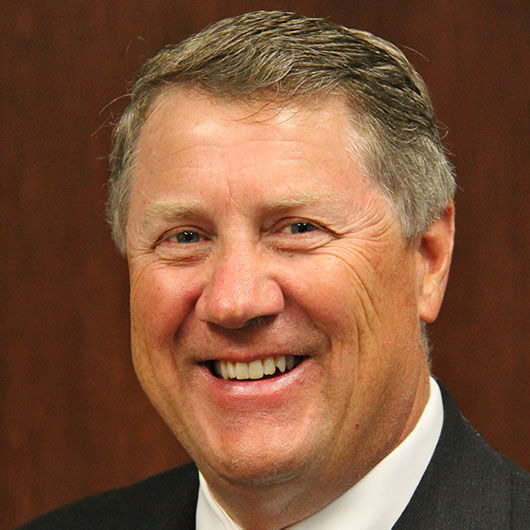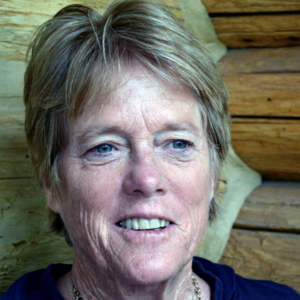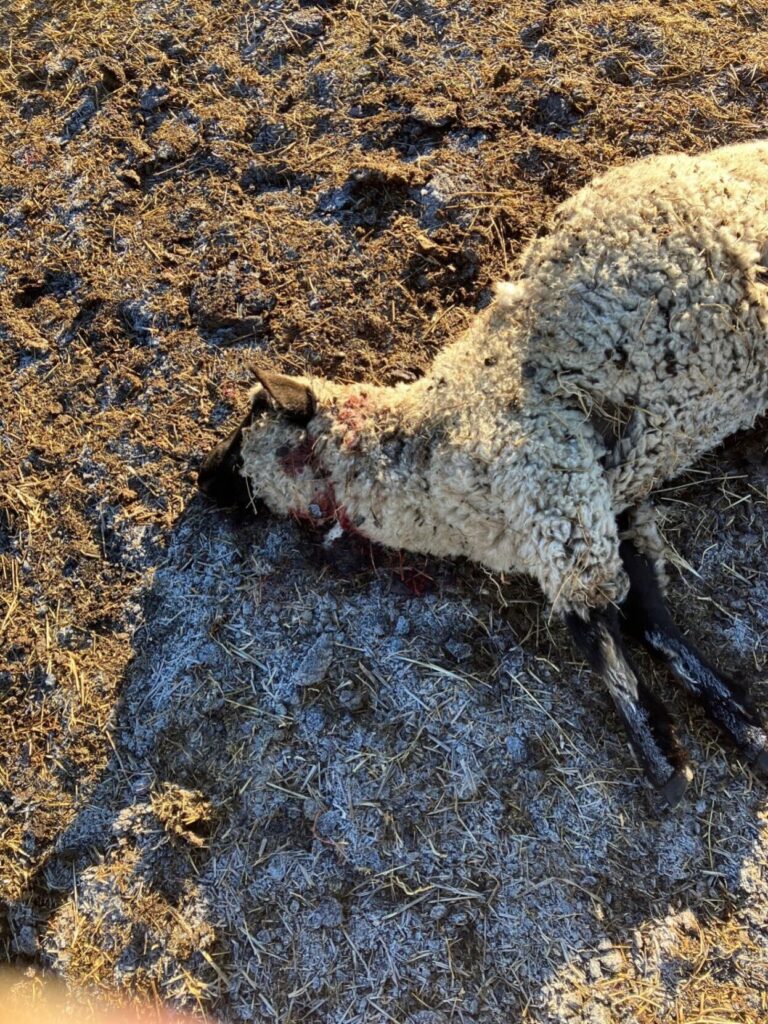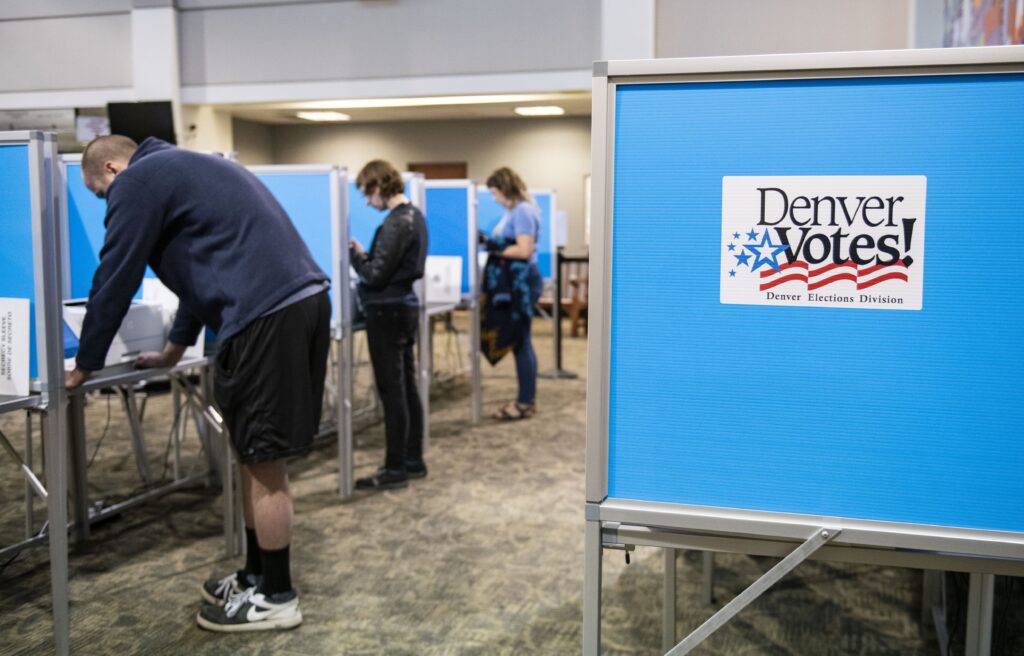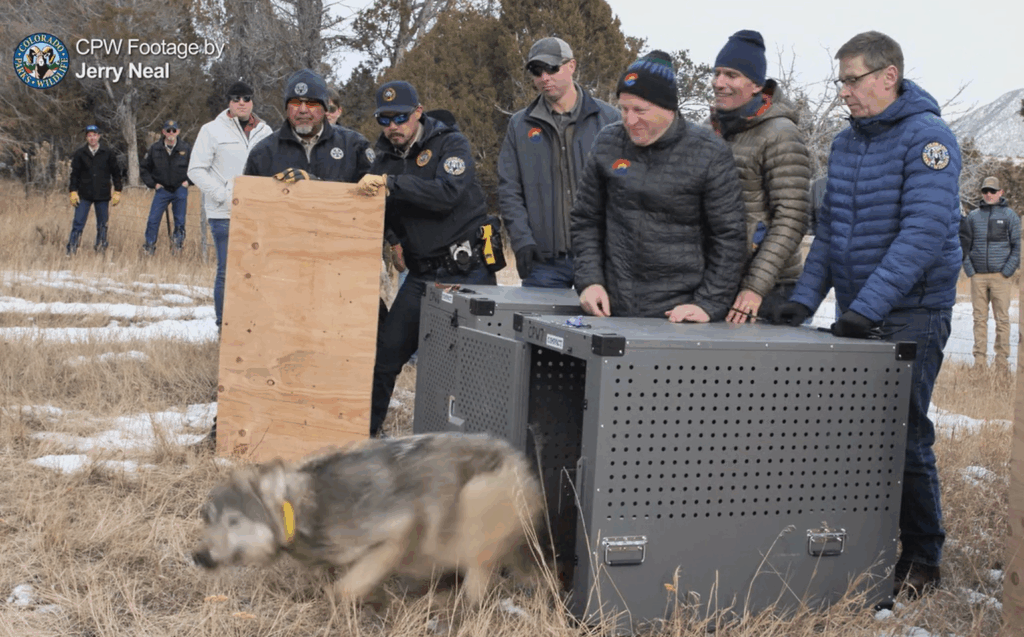Evergreen shooting catapults a familiar debate back to the forefront
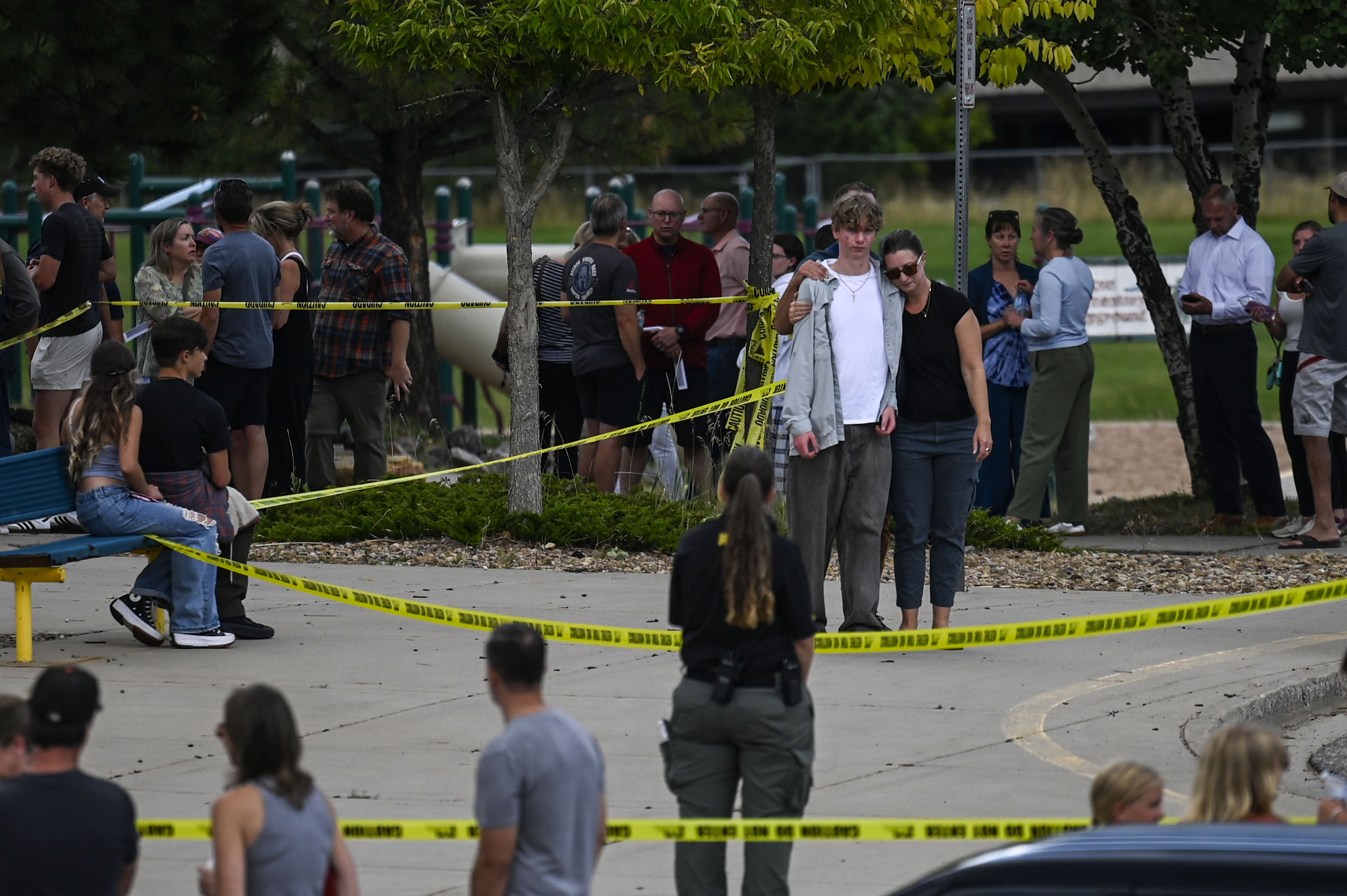
When a 16-year-old student began firing at his schoolmates at a popular Mountain town in Colorado and critically injured two students, it catapulted to the fore an emotionally-wrought and familiar debate at the state Capitol — how to stop a school mass shooting from happening again and again.
In Colorado, students, teachers and parents have lived with that horrific reality — the probability that, at any point, someone would barge into a campus and kill their loved ones — since the Columbine massacre in 1999.
In the last several years, Democrats in the Colorado General Assembly have pushed for numerous laws to restrict gun ownership, fueled by the underlying belief that guns — or access to them — are the culprit. Calls for similar policies are likely to resurface in the upcoming legislative session in January, including an outright ban on so-called “assault weapons.”
This past session alone, the legislature prohibited the purchase of certain weapons unless people have satisfied a gun safety training program run by the Colorado Parks and Wildlife.
Republicans, on the other hand, have been arguing for another approach, notably the “hardening” of “soft” targets, such as schools, by providing them with resources to pay for security enhancements.
They, too, are likely to introduce those measures again, though the chances of them getting through in the state legislature are practically nil, and argue that the staccato of guns laws passed in the last several years have failed to protect children and innocent residents, while only curbing people’s ability to protect themselves.
More gun laws?
In the wake of the Evergreen shooting, Republicans argued that the state could immediately boost school security now if policymakers choose to by making it a funding priority, while Democrats have pointed their fingers at federal policies for the mass shootings.
State Rep. Tammy Story, a Democrat from Evergreen, commended lawmakers for passing what she believes to be some of the strongest gun safety policy in the nation and added there is still much work to be done, particularly at the federal level.
“Certainly, at the federal level, there is more room for gun safety laws, and Congress has been unwilling and uncommitted and not courageous enough to move forward with stronger gun safety laws that apply to the whole country,” she said. “We can’t just continue to think that this is a school problem; it is a societal problem, it is a gun safety problem, and it is a weapons problem.”
She added: “We are the only industrialized country in the world that has the amount of gun violence that we have, and that should tell us something.”
Sen. Lisa Cutter, D-Littleton, who represents Evergreen in the Senate, agreed:
“I feel like we’ve made some good progress in Colorado; I certainly supported every reasonable measure, and I think everything we’ve passed has been a reasonable measure,” she said. “There should also be something done at the national level, but we’ve decided that we’re gonna let the voices with a lot of money and power drown out the children who are dying. So, this is not a just a state problem, it’s a big U.S. problem, and it’s really sobering to sit and think about it.”
Both Democrats also rejected the Republicans’ argument that ramping up school security, including arming educators, are the best ways to deter a school shooting or respond if it happens.
Story and Cutter argued that such an approach risks turning schools and other public places from warm, welcoming environments into places that feel “cold” and “scary.”
“Do we want to have metal detectors and armed guards in schools, theaters, and churches?” asked Cutter. “That’s not a free society; that is the antithesis of a free society, so I do reject that. I think we have a societal problem and a violence problem.”
Republicans have long countered that the answer is yes, pointing to churches with armed security personnel, police officers on campuses and security enhancements, such as those available to airports and banks, as the most concrete, immediate and viable response.
In a post on X the day of the shooting, Rep. Brandi Bradley, R-Littleton, said she and her close ally, Rep. Regina English, D-Colorado Springs, have “begged multiple times, over multiple years” for the state to increase funding for school safety.
Last year, Bradley sponsored a bill that would have required the state to provide funding to schools to install and operate firearm detection software. The bill died in the House Appropriations Committee.
In her post, Bradley said lawmakers reduced school security funding from $60 million to $2 million last year.
Most of the funding for school security improvements comes from the School Security Disbursement Grant Program (SSD), which was allocated $16 million for Fiscal Year 2024 and $2 million for Fiscal Year 2025, according to the Colorado Office of School Safety.
“How many more school shootings have to happen before we make our schools safer???” Bradley wrote.
A ‘leader’ in school safety
Jefferson County School District is a “leader” in school safety, Story said, adding that Wednesday’s shooting still occurred, despite all of the safety measures the district has implemented.
“They experienced the Columbine massacre, and out of that they built the most robust emergency management program in the country, and they have continued that,” she said. “Other school districts reach out to Jefferson County to learn what we have done and what we’ve implemented here. They had all the resources they needed. I don’t think it’s a systemic problem relative to emergency response — they are well-trained and well-equipped for addressing these issues.”
When the suspect began shooting at Evergreen High School around noon on Wednesday, the police officer assigned to the campus was not on duty. That full-time school resource officer (SRO) was on medical leave. Meanwhile, a deputy who assumed those policing duties on a part-time basis was working on a traffic crash nearby, the police said.
Evergreen High School has a full-time SRO — a trained Jefferson County Sheriff’s Office deputy there to assist with safety — but she was currently on medical leave during the shooting, according to Jacki Kelley, a spokesperson with the sheriff’s office.
While the officer is on leave, the school hired part-time SROs. But there wasn’t anyone on campus at those crucial minutes on Wednesday. One deputy had left around 10:30 a.m. for a nearby crash.
Those details frustrated leaders of the school’s Parent Teacher Student Association, who claimed the mountain town schools have been disregarded by the school district and by the police.
That frustration — of insufficient resources to pay for SROs — is likely to show up at the state Capitol when lawmakers convene next year.
Legislator: Deterrence is key
Rep. Jarvis Caldwell, R-Colorado Springs, who runs a charter school in the Briargate neighborhood, believes deterrence is the most effective way to prevent school shootings.
“I think the bottom line is deterrence first, and deterrence comes in different forms. The No. 1 deterrent is to have a security officer at the school at all times when children are in the building,” he said.
School resource officers have been “demonized” by politicians in the past, Caldwell said, but he believes they play a vital role in protecting students and educators, alongside other security measures like cameras and metal detectors.
In the wake of a school shooting that injured two school administrators at a Denver high school in 2023, the Denver Public Schools board unanimously decided to suspend its ban on armed school resource officers on school campuses. The student who shot and injured the school officials was found dead in the town of Bailey that night; authorities said he killed himself.
In June 2020, the DPS board had unanimously voted to cut ties with Denver Police, following the public outcry and nationwide protests over the death of George Floyd.
Caldwell, the Republican legislator, also said that teachers and staff at his school are permitted to carry firearms if they have gone through the proper training. At least 41 districts in the state allow teachers to carry guns, according to a 2022 report by the Axios.
Like Bradley, Caldwell expressed worries about the lack of state funding for school security enhancements, adding that his school has had to turn to grants and donations to pay for them.
“We have a $45 billion state budget,” he said. “A few million dollars would go a very, very long way to helping schools get some of these security measures. The money is there in the state budget, but we’re not making it a priority to protect our schools better.”
As with the rest of his caucus, Caldwell believes the state’s strict gun policy has done little to prevent school shootings and is skeptical things will change unless the legislature decides to allocate more funds to school safety.
“The school shooter at Evergreen is only 16-years-old,” he said. “There are already laws on the books that say he couldn’t own a gun, and we passed a safe storage law a few years ago, and that obviously didn’t work either. So, I don’t see where more laws are gonna make a difference in these kinds of scenarios.”
“When you look at the security we have at the State Capitol, our politicians are protected,” he added. “But when it comes to our kids, who are in a very large building with a huge congregation of innocent people, it’s a prime target for psychotic people, and that’s unacceptable. I think everybody deep down knows it’s unacceptable that we protect political figures, but we don’t protect kids the same way.”



